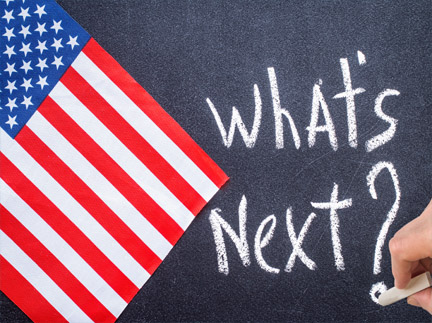Here are some thoughts regarding the January 6th insurgency.
- Conspiracy theories and misinformation are playing a pivotal role in motivating unrest. There is recent scholarship about the nature of contemporary conspiracy theories that many see, which seems to be light on theory and strong on claims. Such conspiracism targets democratic foundations.
- Many have been claiming that the Department of Homeland Security under the Trump administration have been codling white supremacists. Everything that transpired during the Capitol siege supports that claim.
- Critics of policing in America claim that law enforcement and the military have a neo-fascist problem. Such critics can now point to reports that among the insurgents were many off-duty police officers (some were seen flashing their badges to gain access or avoid detainment), veterans, and active servicemen.
- There is a stark difference between how far-right extremist protests are handled and from those demonstrating for Civil Rights.
- The argument that violent protests undermine a movement’s message seems to be playing out in real-time. Some of the members of Congress who were planning on protesting Trump’s election defeat changed their minds. Public opinion has also turned further away from Trump.
- The moral panic over ANTIFA has not slackened. Despite any credible evidence, many far-right extremists blame the violence at the capital on ANTIFA activists.
- While those most adversely affected by neoliberalism are often pictured as the most vulnerable to far-right radicalization, many of the Capitol insurgents were attorneys, real estate agents, and one was even identified as a former Olympic gold medalist. Cultural backlash and white supremacy play just as large a role as financial insecurity as far-right recruitment factors.
- The pro-Trump rioters smeared feces along the hallways of the Capitol. While we do not know the motivation behind it, one theory is that it was a performance of vice-signaling. Many self-identified conservatives feel frustrated that “liberals” have the high moral ground when it comes to cultural and social issues. To defy such high-minded liberals, those on the right have been known to conspicuously pollute (Google coal-rolling), freely use offensive language, and glorify violence. Perhaps, some insurgents thought that smearing feces along the Capitol hallways was also “owning the libs.”
- One cannot discount the role of white supremacy in the incident. There is a reason that nearly all the rioters were white and that symbols of racism like the Confederate flag were on display. The protest and resulting riot were at least in part a result of threatened white identity and power.
- America’s image abroad took a huge hit. The world has long perceived America as a beacon of Democracy and the very model of what peaceful transfers of power looks like. How can America’s “democracy building” efforts proceed now?
- Historians often point out that the best way for a nation to heal is for there to be accountability. But what does accountability look like in this moment of U.S. history? For it to be impactful, it must go beyond the mere arrest of the capitol insurgents. Those who inspired the insurgents must also be held accountable in some manner.
Hannah Arendt and the Big Lie
That Trump’s regime ended in civil unrest would be predictable to readers of Hannah Arendt, who argued that “Big Lies” contains the logic for violence. She wrote in her 1951 work, Origins of Totalitarianism:
In an ever-changing, incomprehensible world, the masses had reached the point where they would, at the same time, believe everything and nothing, think that everything was possible and nothing was true… The totalitarian mass leaders based their propaganda on the correct psychological assumption that, under such conditions, one could make people believe the most fantastic statements one day, and trust that if the next day they were given irrefutable proof of their falsehood, they would take refuge in cynicism; instead of deserting the leaders who had lied to them, they would protest that they had known all along that the statement was a lie and would admire the leaders for their superior tactical cleverness.
According to Arendt, the logic of violence in Big Lies begins with the violence upon objective reality, making the ruling regime to be the arbiter of truth (regardless of evidence). The logic then flows that those who contest the regime’s “truth” are held in contempt. Being held in contempt, violence against political and ideological enemies is justified. From a starting place of “winning” and “owning the libs,” actual violence and civil insurrection were never far away.




Enjoyed reading your commentary on the “Big Lie” and why so many people are under the sway of conspiracy theory.
I am happy to hear that you enjoyed my commentary. I am a big admirer of Hannah Arendt, and will take whatever opportunity I can find to quote from her. I am alarmed by the explosion of conspiracy theories and their impact on society. I plan on dedicating an entire post about them soon.